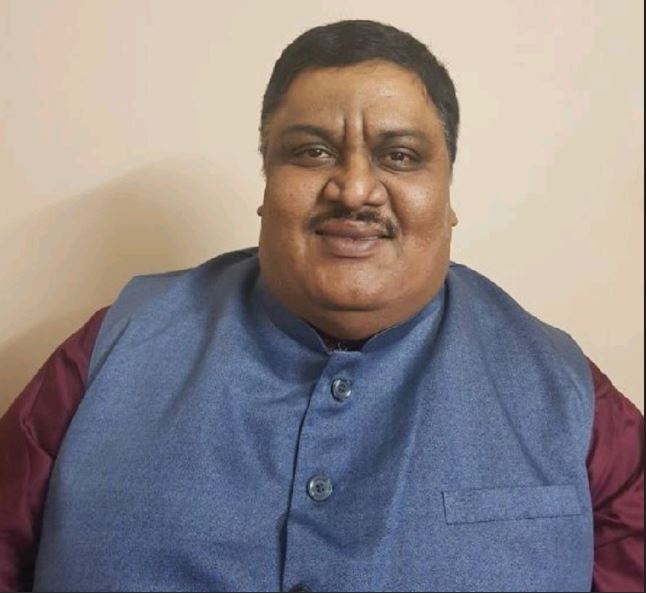FAQs
- What are some common weight loss myths?
Many believe that carbs cause weight gain, supplements are effective for weight loss, and that skipping breakfast or eating late at night leads to more fat. These are just myths that have been debunked. - Can cutting out carbs help with weight loss?
Not necessarily. While reducing refined carbs can help, whole foods with carbs provide essential nutrients. A balanced diet with high protein and healthy carbs is more effective for long-term weight loss. - Do weight loss supplements really work?
Most weight loss supplements have little to no scientific backing and may even cause harmful side effects. It’s better to focus on a balanced diet and exercise for healthy weight loss. - Is it true that eating late at night causes weight gain?
Eating late at night doesn’t directly cause weight gain. What matters more is your total calorie intake and activity throughout the day. Be mindful of portion sizes and food choices. - Does skipping breakfast help in losing weight?
No, skipping breakfast doesn’t help with weight loss. In fact, it can lead to overeating later in the day. Eating a balanced meal when hungry is more beneficial. - Can I eat anything if I work out regularly?
No, even if you work out regularly, following a calorie-deficit diet is crucial for weight loss. Exercise alone cannot offset poor eating habits. - Is cardio the best way to lose weight?
While cardio helps burn calories, pairing it with strength training and a balanced diet is more effective for long-term weight loss and muscle building.
Related Blogs
Disclaimer
Medical Advice: The information provided in this blog post is for educational purposes only and should not be considered as a substitute for professional medical advice, diagnosis, or treatment. Always consult with a qualified healthcare professional for personalized guidance regarding your specific medical condition.
Accuracy of Information: While we strive to provide accurate and up-to-date information, the field of medicine and viral fevers is constantly evolving. The content in this blog post may not reflect the most current research or medical guidelines. Therefore, it is advisable to cross-check any information provided with reliable sources or consult a healthcare professional.
Individual Variations: The symptoms, causes, treatment options, and preventive measures discussed in this blog post are general in nature and may not apply to everyone. It is important to remember that each individual’s situation is unique, and personalized medical advice should be sought when making healthcare decisions.
External Links: This blog post may contain links to external websites or resources for additional information. However, we do not endorse or have control over the content of these third-party websites. Accessing these links is done at your own risk, and we are not responsible for any consequences or damages that may arise from visiting these external sources.
Results May Vary: The effectiveness of treatment options or preventive measures mentioned in this blog post may vary from person to person. What works for one individual may not work the same way for another. It is essential to consult with a healthcare professional for personalized advice tailored to your specific needs.

Dr. Murali serves as the Chief Medical Officer at EGS Health, bringing over 18 years of experience as a general practitioner to his role. He also directs Special Projects & Development at the Central America Health Sciences University, Belize Medical College. Dr. Murali holds an MD and a PG Cert in Health Profession Education (HPE) and has been an active contributor to the medical field since 2001. His career began in the Tobacco Cessation Program and the Border Family Welfare Programs in conjunction with PAHO in Ciudad Juarez, where he also published research on the impact of technology on healthcare education. He later became a clinical coordinator for clerkships, forging partnerships between students and hospitals that now serve as clinical sites for the university. Dr. Murali has furthered his expertise through advanced training, including the Leaders in Healthcare Education course at Harvard Macy Institute and the Health Professions Certification Program at Keele University, enhancing his influence in both medical education and healthcare delivery, both locally and internationally.


